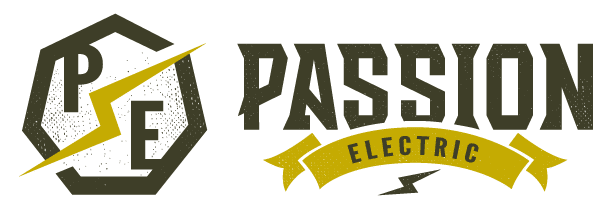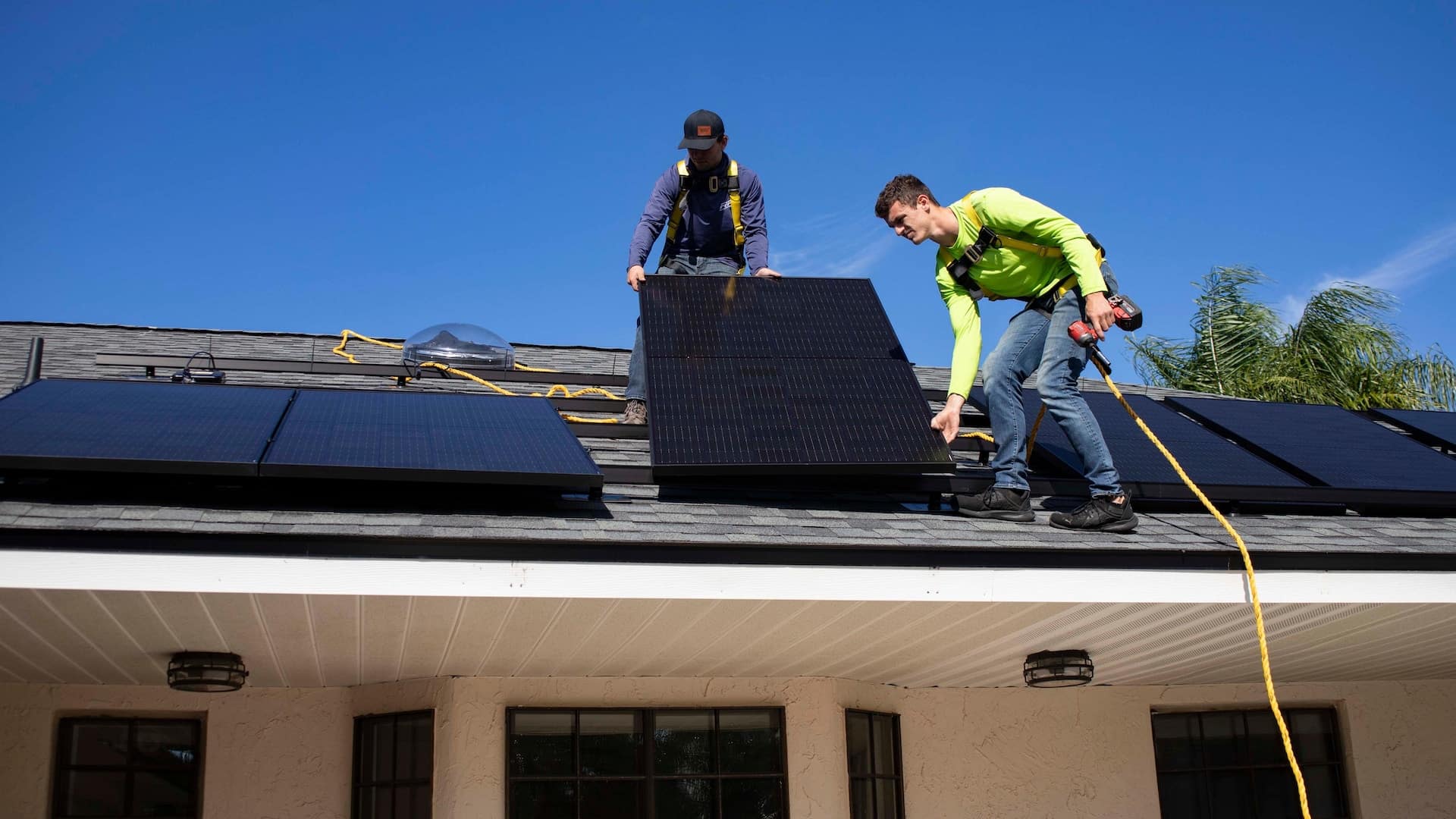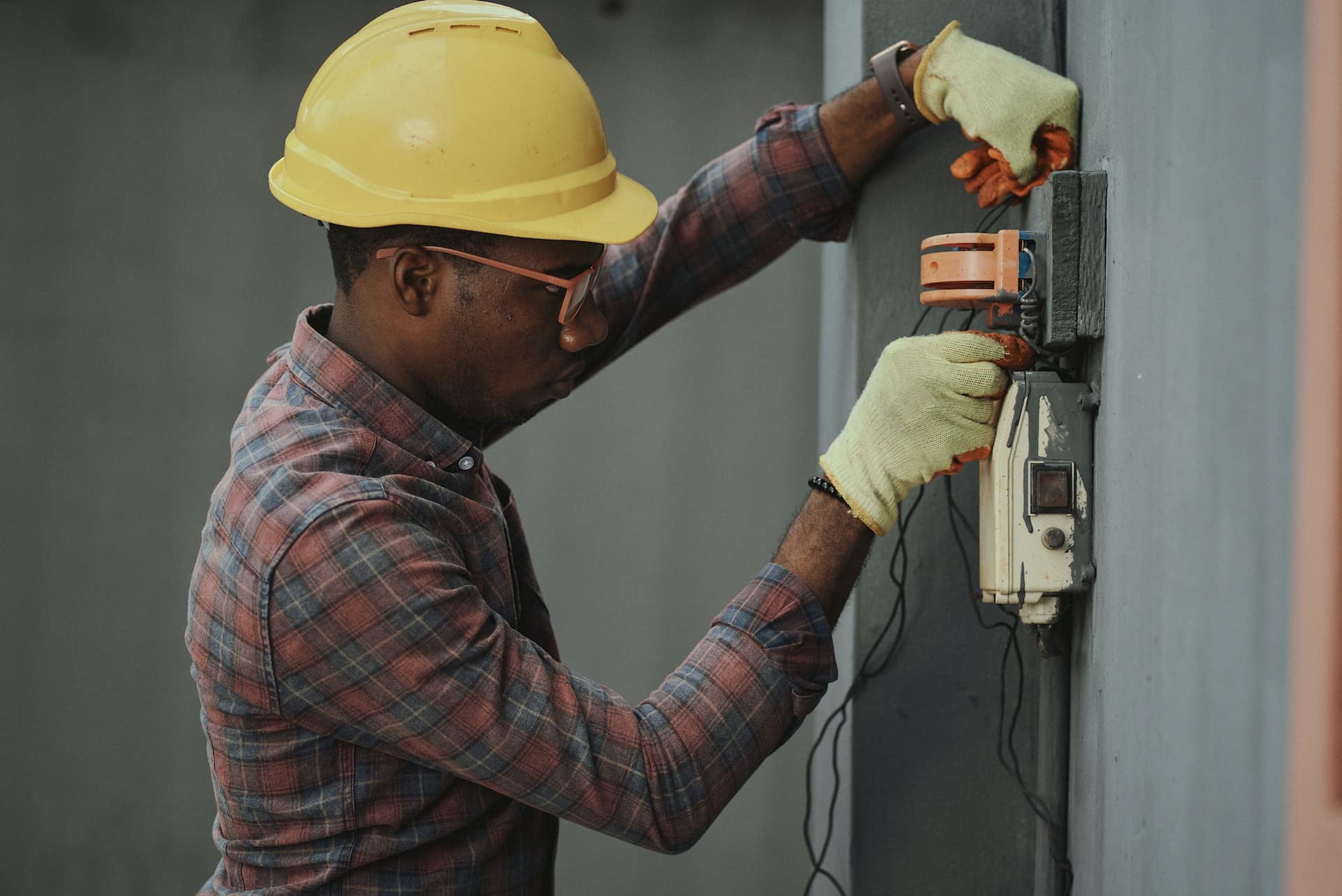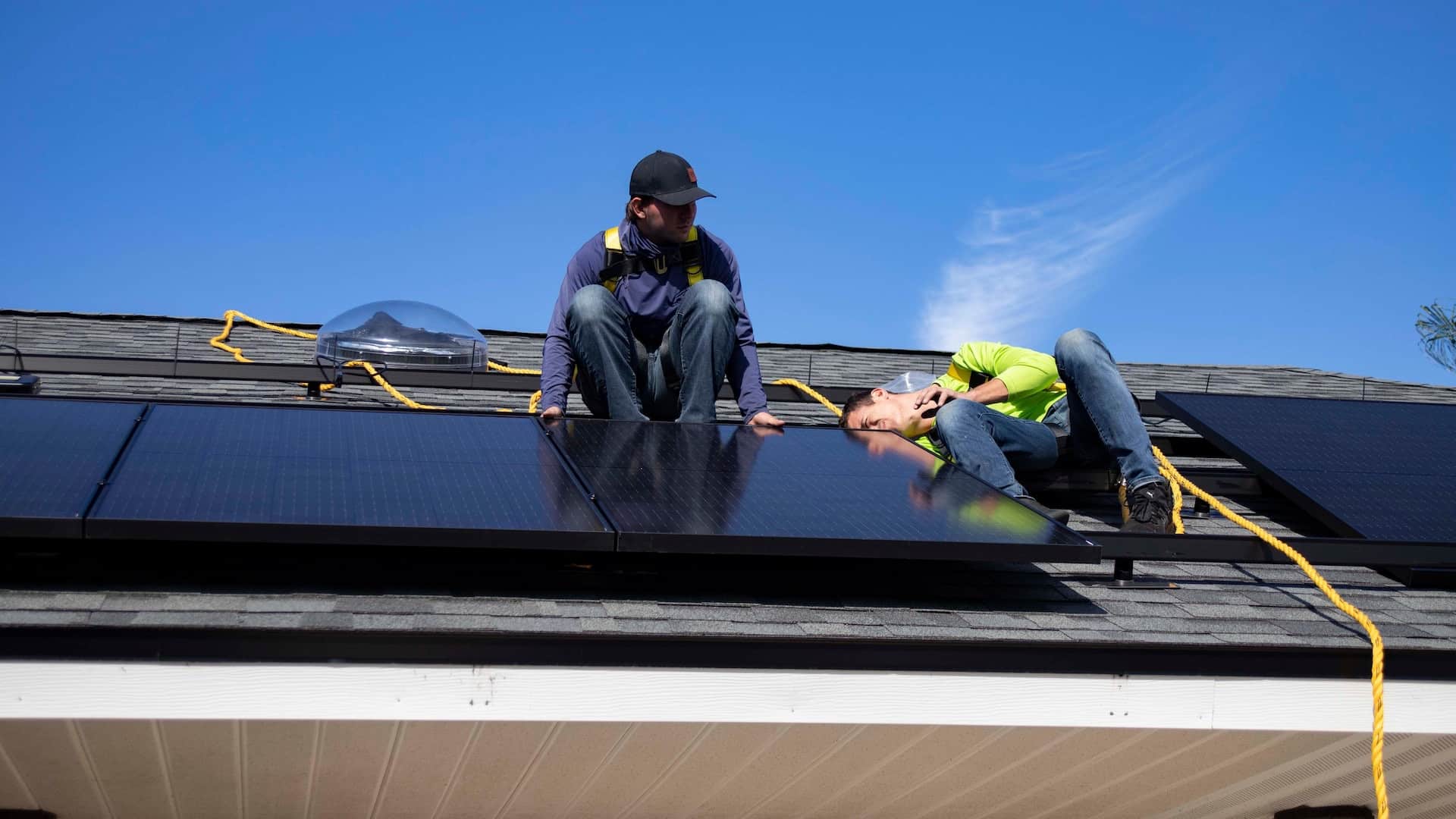Are you looking to benefit from solar panel installation to reduce your energy costs? Then follow the many homeowners that have already done so, with this comprehensive guide. We’ll provide all of the needed tools and information for successful panel installation in 2024 – it’s sure to be a fun journey!
From learning about individual parts of a system setup, right through to putting them together. Every step will equip you better when making an educated decision on going into solar energy. By reading our advice throughout this guide carefully, make yourself prepared to take up such an impressive initiative toward creating a cleaner future powered by renewable resources!
Short Summary
- Unlock the power of solar energy with a step-by-step guide to successful installation.
- Get informed on components, cost factors and permitting requirements for your system.
- Make the switch today & enjoy savings on energy bills with financing options & tax credits!
Understanding Solar Panel Systems
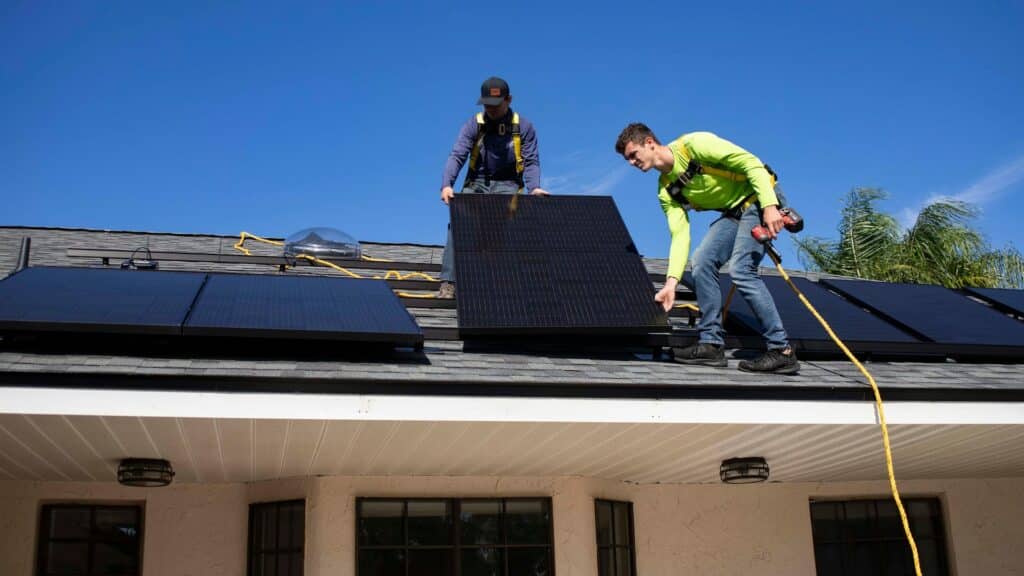
When beginning the installation process of your solar energy system, it is essential to understand all parts which constitute a successful one. A couple of core pieces involve solar panels, inverters, batteries and charge controllers. Knowing these components beforehand can be hugely advantageous when commencing this exciting venture into installing solar panels at home.
Costs in correlation with setting up such systems primarily consist of equipment price-tagging as well as expenses from the installer hired for assistance plus any potential rebates or incentives that might reduce money spent on building a proper panel set up.
Depending upon the type of unit selected – its efficiency level along with size – savings could be maximized overall due to customized product fitting unique needs. To gain more insight let’s take an even deeper look at each respective part’s role within this system.
Solar Panels
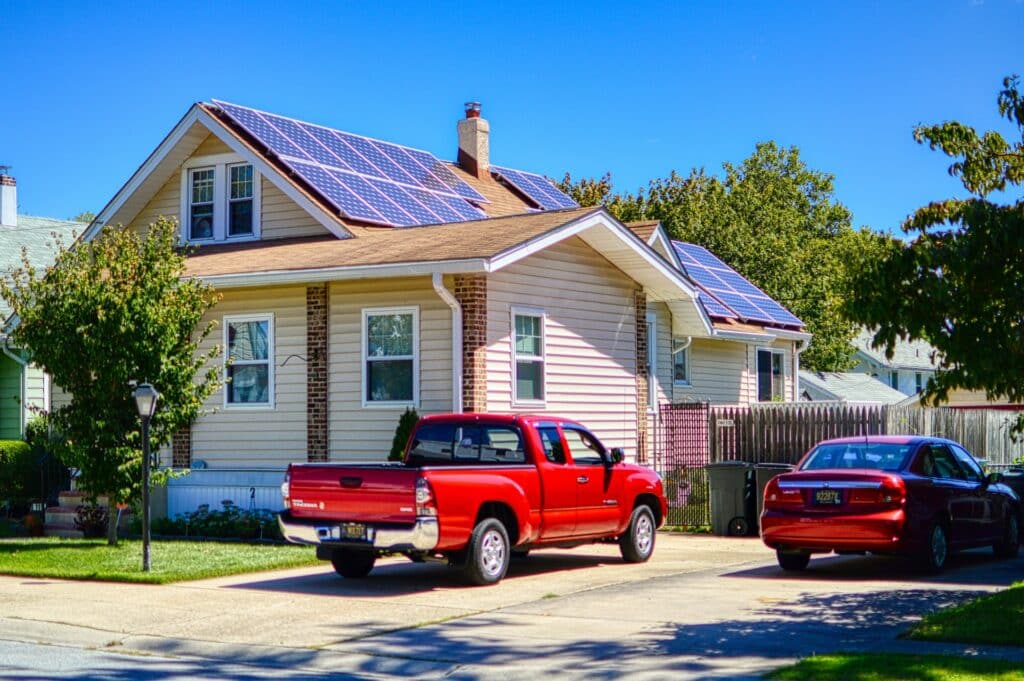
The foundation of any solar energy system is the presence of photovoltaic cells that take in sunlight, transforming it into direct current (DC) electricity. After this step, the power can then be converted to alternating current (AC), which will help provide homes and companies with their electrical needs. Solar batteries are used to store surplus power created by solar panels for later use.
As such systems become more popularly integrated into our lives, a surge towards renewable forms of energy occurs – making solar an attractive option despite its initial cost commitment when installing them.
To get optimal results from your own setup place them in line with the noontime sun and position them away from areas susceptible to shadows caused by trees or buildings so you make efficient use of your purchase, mountings on roofs or poles both work well, but free-standing installations also serve a purpose!
Inverters
Solar panels generate DC electricity, and inverters are necessary to convert this power into AC so it can be used in the home. Two main types of inverters exist: grid-tie and off-grid. Grid-tie ones may be placed outdoors or indoors on a wall-mount substructure. Whereas off-grid should only ever go inside due to their more limited installation option.
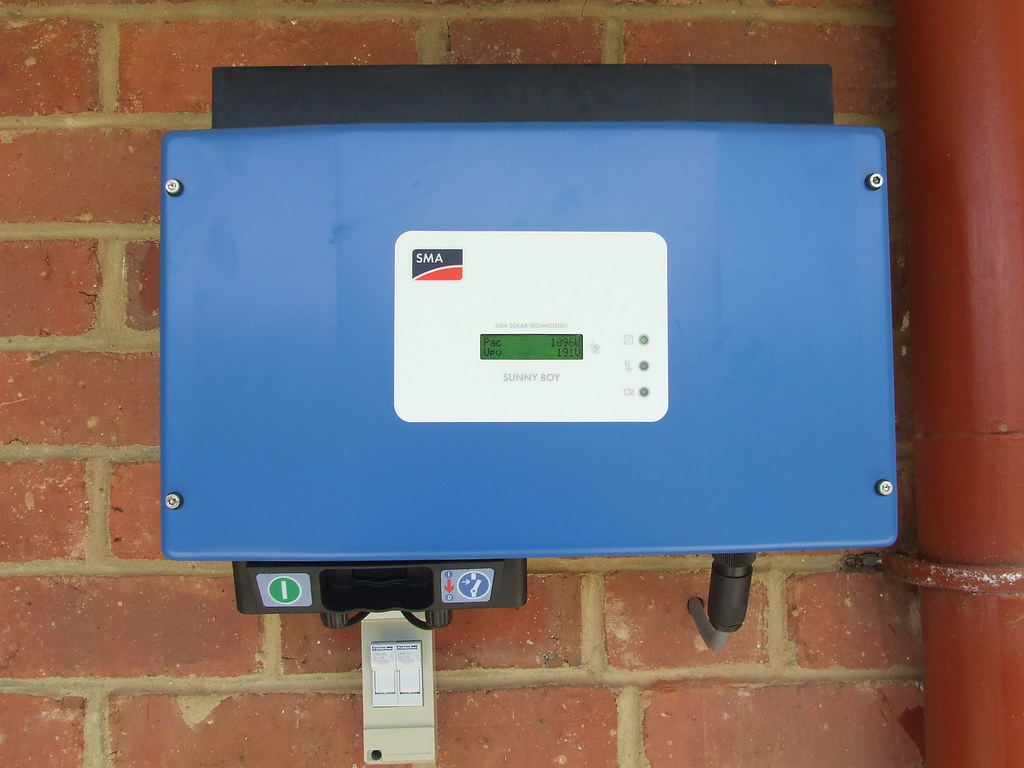
Deciding upon which is best for your energy system depends not just on whether you’re connecting with the grid, but also on other specifics that come up during setup as well. It’s important to select the right one from these two options if maximum efficiency is desired, doing so requires careful consideration of both solar panel-related factors and additional details arising from mounting requirements, etc.
Batteries
Solar energy systems rely heavily on batteries as an efficient way to save surplus electricity for use when the light from the sun is not at its most luminous, like during darker hours or cloudy days. Installing a battery bank requires instructions and specifications listed by manufacturers which must be followed closely in order to guarantee proper assembly of your system.
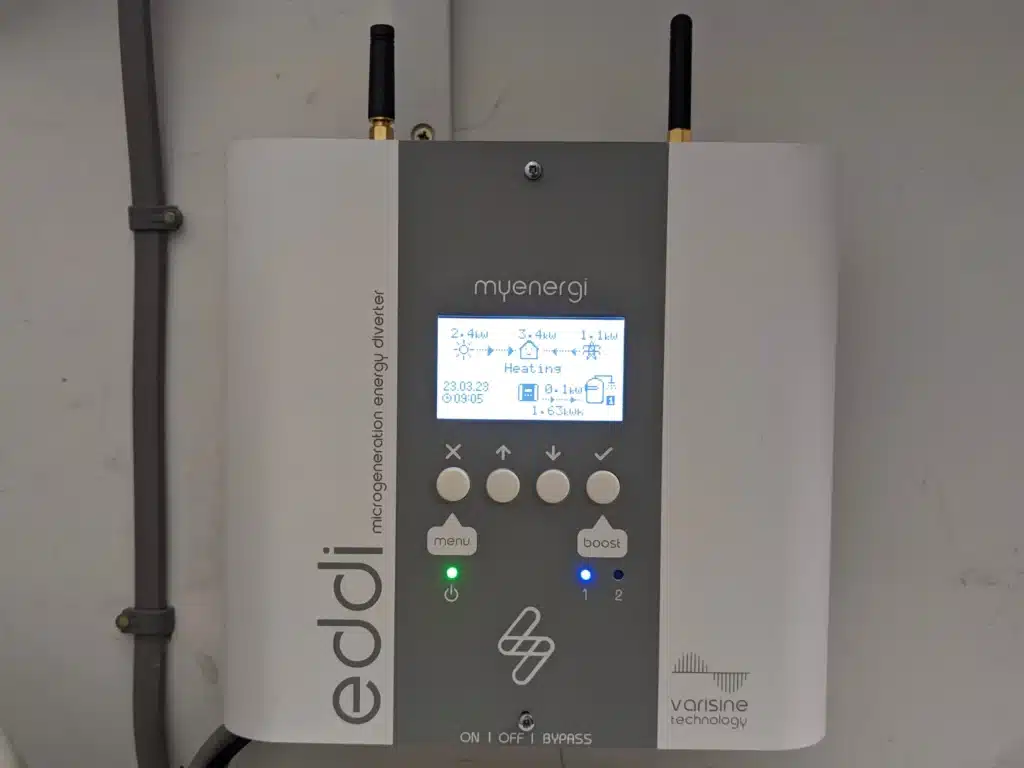
Good ventilation and sufficient space for cooling are both important considerations within any setting where you plan to house a collection of batteries – keeping it around 77°F will help them maintain their life expectancy levels better than if left exposed at temperatures higher than this benchmark: every 15°F over that baseline means half-life reduction rate increases exponentially!
Charge Controllers
Properly installing charge controllers on solar systems is critical for its successful operation. By doing so, it helps guard against power surges, static electricity buildup and other risks of potential shock from the flow of energy between your solar panels and batteries.
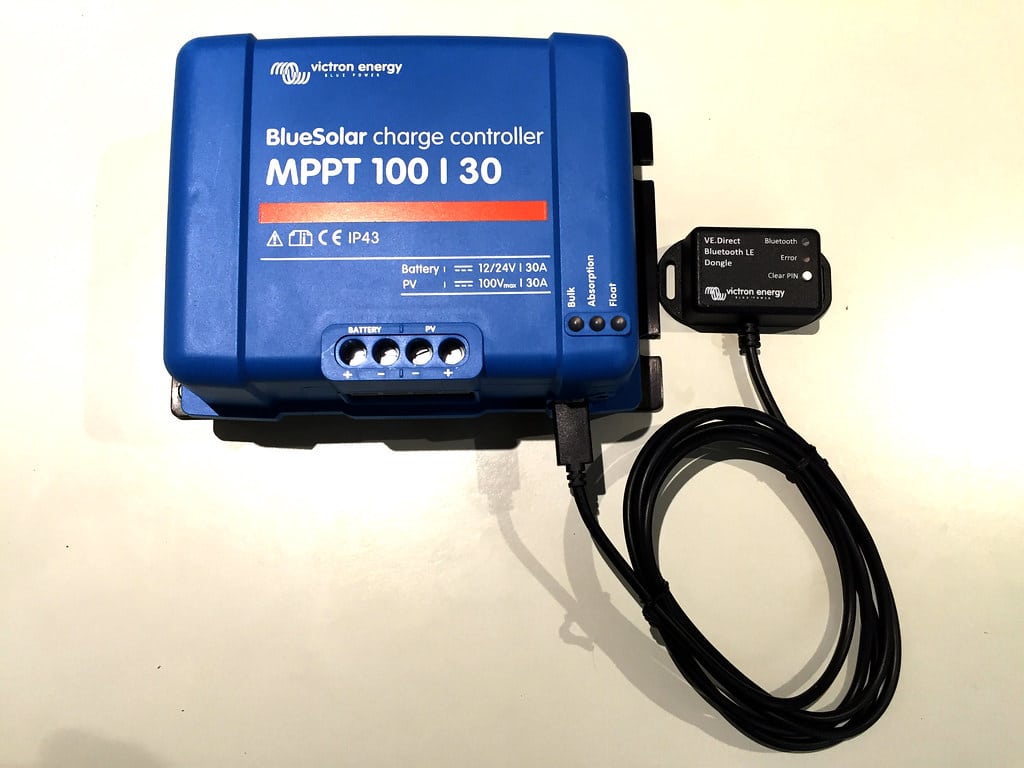
These devices keep the entire setup running properly by managing how much voltage runs through to each component, helping avoid damage due to overcharging or similar issues. Overall grounding any conductive materials used ensures that maximum safety measures are taken when using this type of equipment as part of a larger solar panel installation project.
Assessing Your Home for Solar Installation
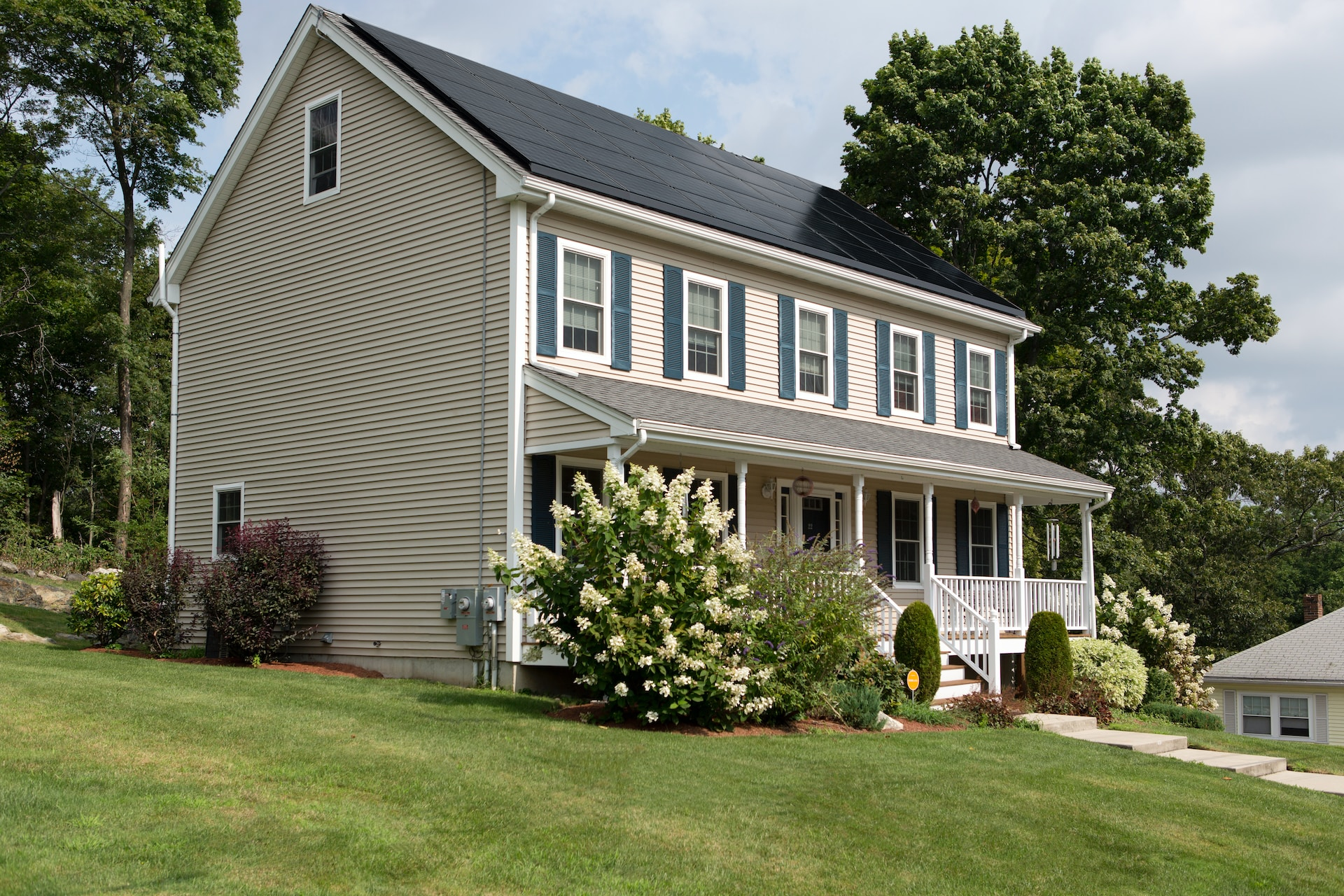
Before solar systems can be installed, it is vital to evaluate your home for its appropriateness. This assessment includes inspecting the strength and condition of the roofing, calculating how much sunshine there will be onsite over time as well as seeing what area can fit into panels with ease. Knowing these factors would help you pick out an optimum-level system which leads towards higher power savings in the end.
Every factor mentioned influences significantly when considering an efficient installation process that generates energy from solar sources efficiently. Thus one must consider closely each aspect before deciding upon setting up their own machine, look at options such as roof quality or sun exposure level or even available space where components could be placed accordingly!
Roof Condition and Strength
Prior to the installation of solar panels, it is essential for a professional assessment to be done on your roof structure and capacity in order to guarantee that it can handle the weight of this type of system. An experienced panel installer will inspect your roof’s stability and capability so as to decide if it is suitable for putting up solar panels or not.
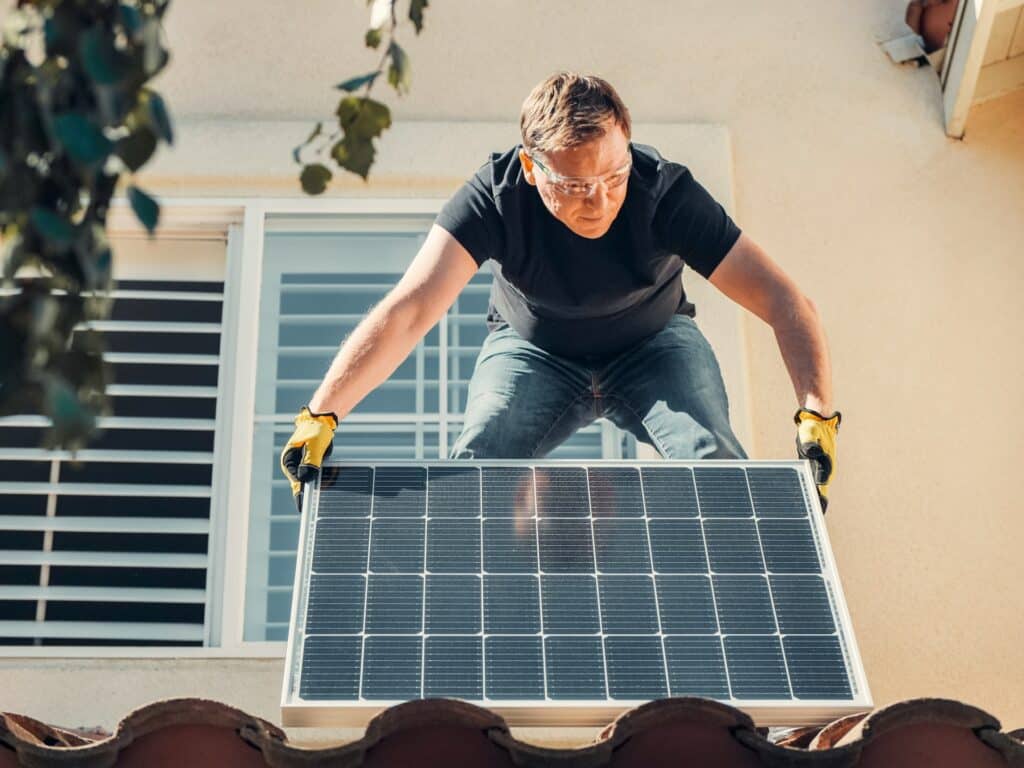
In case there are doubts about its durability or if you need renovations due to age-related concerns, repairing/renewing must happen first before proceeding with the set up procedure. Doing such ensures greater assurance over time when working with an established provider who specializes in mounting photovoltaic systems like these.
Sun Exposure
Maximizing the output from your solar panels requires you to be aware of how much direct sunlight they receive. By aiming them in a direction and at an angle that captures as much sunlight as possible, while minimizing any shade or indirect light exposure, will allow for optimal electricity generation with enhanced energy savings. Sunlight is essential for increased performance and efficiency of your solar panel setup. Taking note of it can ensure their best results.
Available Space
The amount of available space on your roof or yard is a key factor when selecting the size and configuration for your solar panel system. Your capacity to fit panels in this space will determine what type of setup you can have, thus opening possibilities for customizing it.
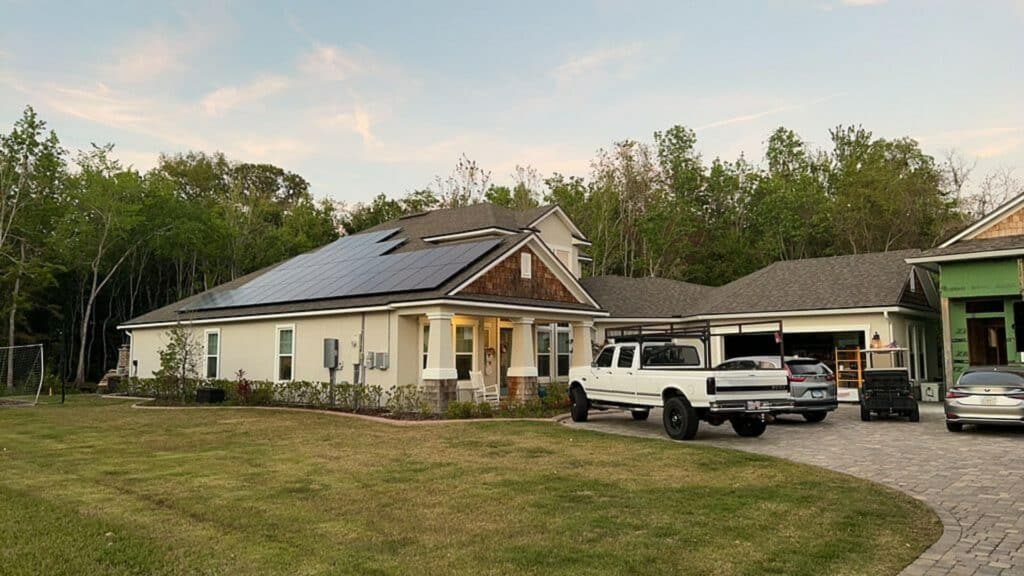
When considering where to put the solar panels, consider any obstructions that could restrict their performance as well as shading caused by nearby trees/buildings etc. If an appropriate spot with adequate sun exposure and enough open area is chosen correctly, then optimal energy savings from those same solar panel systems should follow suit.
Read More: Solar EV Charging Station: Guide to At-Home Charging
Solar Panel Installation Process

Having a good understanding of the components in solar panel systems and having inspected your house for suitable installation, it’s now time to proceed with actually mounting them. This procedure involves conducting an on-site survey plus engineering works, preparing necessary documents such as permission slips and selecting the right equipment before doing any installation or assembly work. The final task would be getting approval from authorities followed by activation upon completion of all stages prior to that point.
You’re well equipped if you abide by these actions which will help set up your own effective photovoltaic system at home without difficulty. Let us have a closer look into every part so that proper preparations can be made throughout this memorable experience!
Site Survey and Engineering
Before you install solar panels, it’s imperative that you conduct a survey with an engineer. This analysis will allow you to verify whether your residence is suitable for installing panels and ascertain if any upgrades must take place, such as roof reinforcement or electrical system updates.
The expert will examine the rooftop to ensure it can bear weight safely along with testing out the electrical arrangement that should coordinate seamlessly with planned photovoltaic scheme design. Going through this fundamental step ensures proper mounting thus establishing a robust solar energy system.
Permitting and Documentation
Solar panel installation requires acquiring the necessary permits and documentation to ensure safety standards are met as well as zoning regulations. This paperwork is typically managed by solar companies so that it’s a simpler process for customers. It can take some time though, since officials have to review all information related to this kind of permit. Keep checking in regularly with them on its progress. With the right documents at hand, you will be able to carry out your project feeling assured everything meets legal requirements and security protocols correctly in place.
Equipment Selection and Ordering
Once all the necessary permissions have been acquired, picking out the right hardware for a solar panel system is essential. You must take into account factors like suitable solar panels, inverters, and batteries before adding any extra equipment as per your unique setup.

It may be beneficial to seek advice from an experienced professional when deciding on which type of components are required and what sources can provide them with dependable quality standards being paramount in this endeavor.
It’s critical that good care is taken over both selecting & ordering these parts since this will influence how well the entire installation works in the long run.
Solar Panel Installation
When it comes to installing solar panels, you’ll need the proper tools and gear. The process includes preparing your roof surface, running wiring, attaching racking for panel support, putting up the actual solar components themselves, connecting an inverter, and setting a battery bank in place.
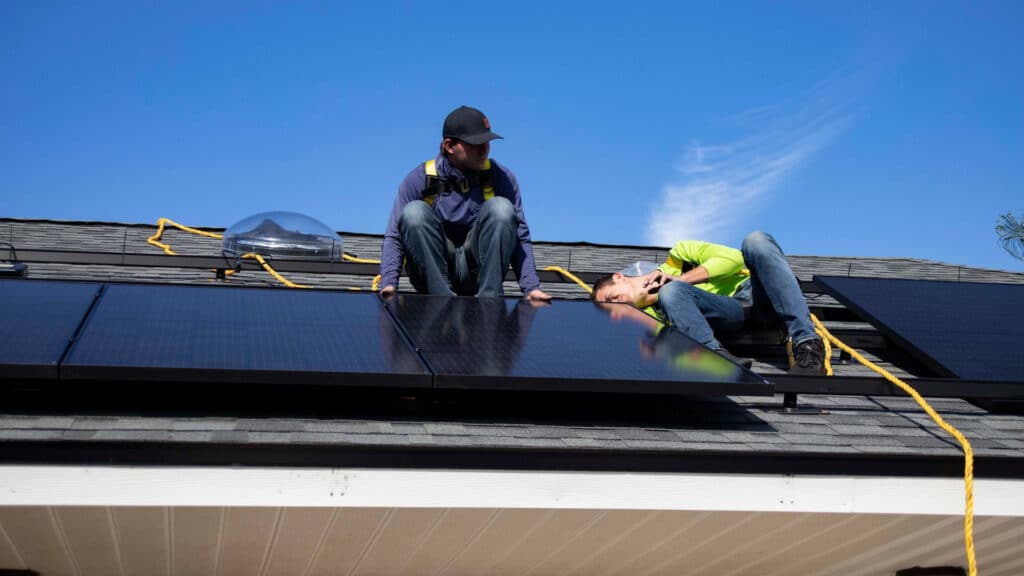
It’s important that safety is always a top priority during the solar power installation process, wearing protective garments as well as utilizing fall protection while working on roofs are extremely crucial steps. By adhering strictly to directions from a solar panel guidebook and taking all necessary precautions regarding security issues – you can then start reaping all of its many benefits soon afterward!
System Approval and Activation
After you install solar panels, it is necessary to receive approval before you switch on the solar system. This involves getting safety checked by a local utility company and connecting your unit up with their electrical grid.
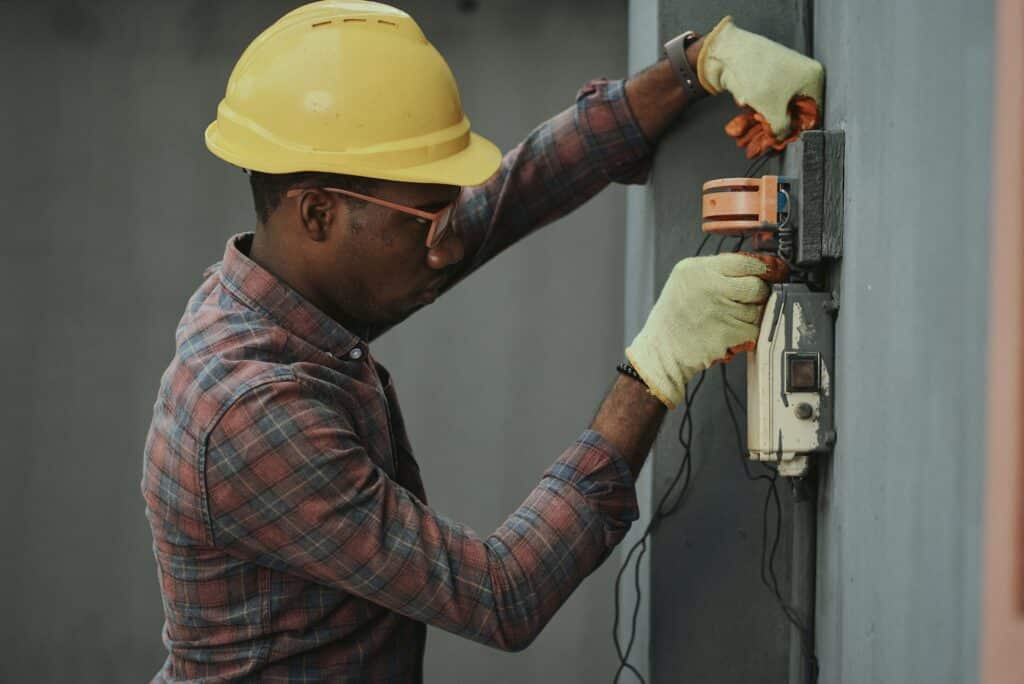
Once this step has been completed, you can begin taking advantage of the energy generated from your solar system! Your setup will help reduce electricity costs while also lessening its environmental impact.
Solar Panel Maintenance and Monitoring
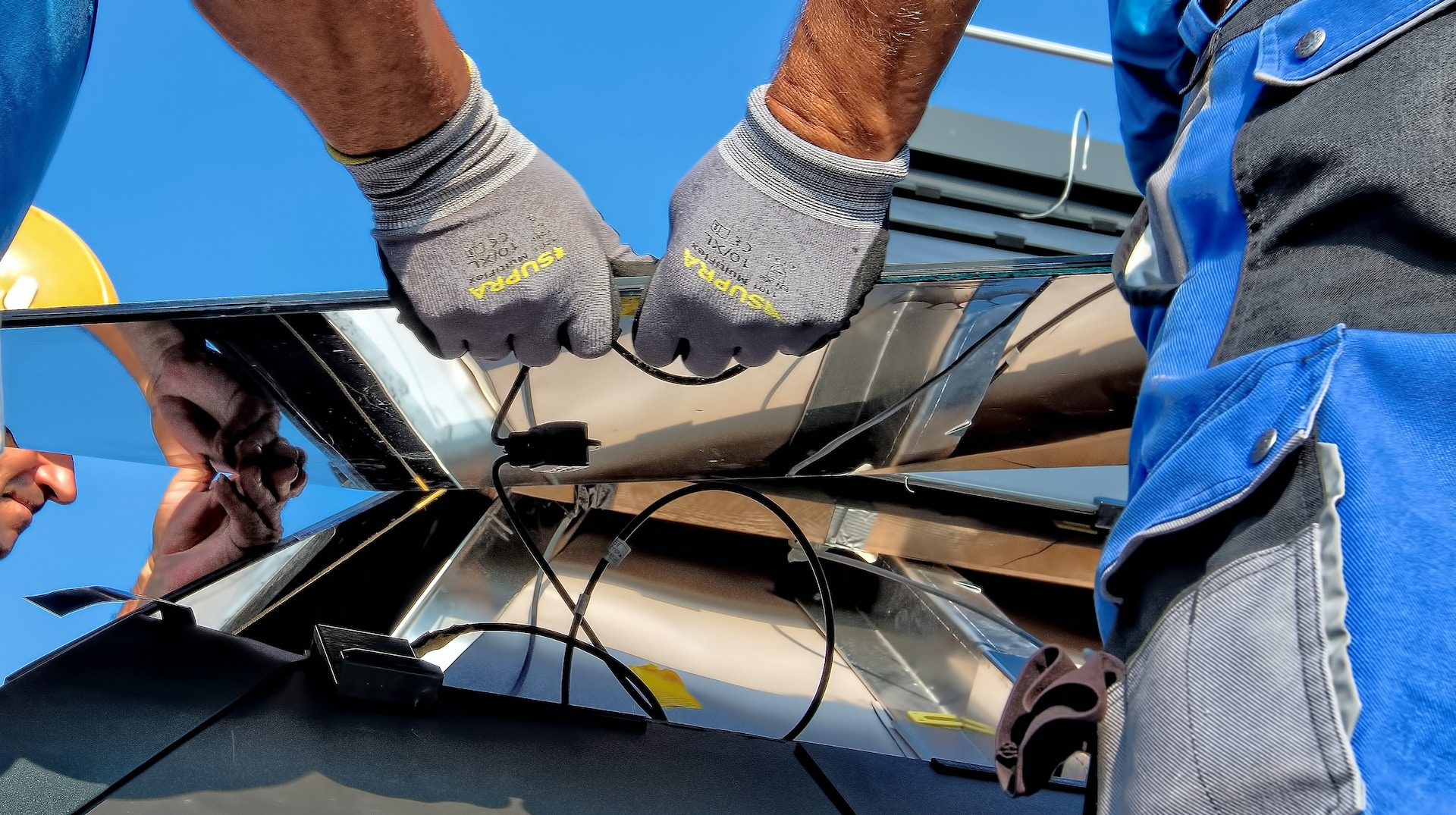
It is imperative to routinely take care of and check your solar system if you want it to run at peak performance for an extended time. Cleaning, inspecting, and assessing their operation are all part of the maintenance required on a regular basis.
By performing preventive upkeep such as this with respect to your solar panel system, you can ensure that its energy production will be maximized while also ensuring it remains viable in order to benefit from the advantages of solar power well into the future.
Cleaning and Inspection
Solar panels need frequent cleaning and monitoring to keep their performance up and increase the life of them. To clean your solar panels, use a delicate cloth combined with a moderate detergent solution, being sure not to use any coarse materials or harsh chemicals that could damage the system.
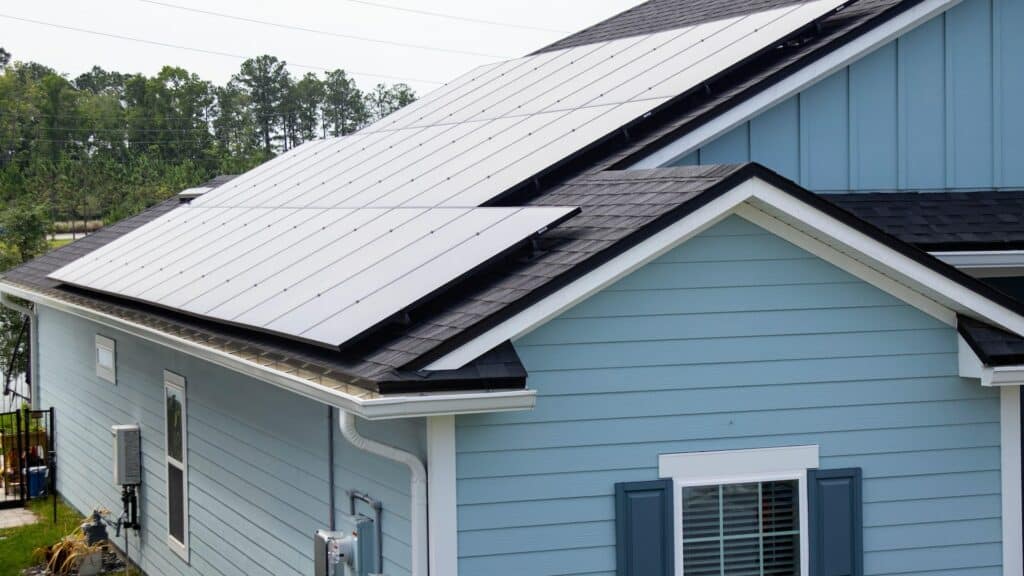
It is also necessary to inspect them regularly at least once every year for any type of damage like breaks, chips, or discoloration. If anything appears out of place, it must be immediately fixed or replaced in order for your solar panel’s operation to remain top-notch quality.
Monitoring System Performance
It is essential to keep track of the performance of your solar panel system in order to get an accurate reading on energy production, consumption, and any potential problems that could require servicing or repair.
To maintain a properly functioning system that continuously generates clean renewable energy for years to come, it’s important not only to check regularly for dirt and debris buildup on the panels but also to use monitoring applications/tools as well. This will provide you with visibility into how efficiently your unit runs at all times while allowing quick responses if something does go wrong.
Financing and Incentives for Solar Panels

Installing solar panels can be a costly undertaking, but there are several different methods of financing that make the transition to sustainable energy sources more feasible. Options like a solar loan, direct payments, and government incentives such as rebates, all present a chance for homeowners to afford solar panel installation on their homes.
By utilizing these finance and incentive solutions, taking advantage of solar power is doable without requiring too much strain in one’s budget.
Read more: Solar Panel Installation Cost in 2023: What You Need to Know
Solar Loans and Full Payment Options
For homeowners, the flexibility of a solar loan and full payment options make it easier to fund solar panel installation. Different financing types are available such as home equity loans, personal loan offerings, or specific solar-related products with reduced rates and no upfront cost requirement. Alternatively, you can opt for an immediate outlay through cash transactions using credit cards or getting financed directly from a solar company – which oftentimes comes with fixed monthly payments.
Government Incentives and Rebates
Homeowners who switch to solar energy can benefit from a federal tax credit and rebates. To take advantage of these cost-saving benefits, homeowners should apply for the necessary permits related to solar panel installation. All relevant information is easily available on local websites. Doing this can dramatically reduce how much a homeowner has to pay upfront when installing their new panels and make harnessing solar power an affordable reality!
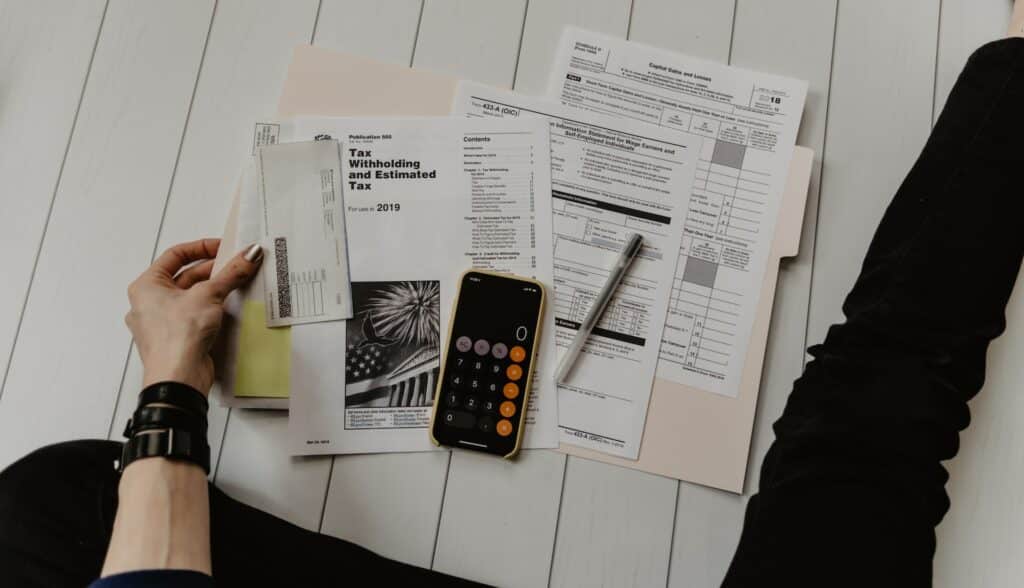
Summary
In summary, setting up solar panels is an exciting and gratifying endeavor that can considerably lower your energy costs while promoting a more environmentally friendly future. By having knowledge of the elements of a solar panel system, analyzing your home for possible installation options, and following every step in the process carefully. You are able to take advantage of free renewable energy from sunlight’s rays while gaining its numerous benefits.
As partaking on this journey begins, it is essential to remember to inspect regularly as well as look into different financing possibilities during setup also looking out for safety precautions involved throughout all aspects. You should have peace knowing that these instructions given here today at hand help create positive change not only financially but planet-wise too!

Frequently Asked Questions
What I wish I knew before installing solar panels?
Before setting up solar panels, it is critical that you look into the necessary information. Make certain your roof can handle them and be aware of local laws governing their installation so as to have a positive experience with them. Doing this research beforehand will guarantee an efficient process when installing solar panels.
Can I install a solar panel system myself?
If you possess the right tools and know-how, it is possible to install your own solar panel system. DIY installations using lag bolts as well as installing prefabricated pieces are part of what can be done when putting together this project on your roof or ground—achieving an effective DIY solar installation with a bit of time and effort being invested in it.
How often should I clean and inspect my solar panels?
Checking your solar panels each year for dirt, obstructions, and other debris will help you maximize the efficiency of your solar energy system. This regular maintenance can extend its life cycle while ensuring optimal performance. Cleaning and inspecting annually ensures that nothing impedes upon or reduces the effectiveness of harnessed sunlight into usable electricity through this renewable source!
What factors should I consider when selecting the right equipment for my solar panel system?
When deciding on the perfect gear for your solar panel system, take into account its quality and reliability in relation to what you require. Also, consider if there are any special installation specifications that need to be fulfilled.
Be sure to review different solar companies and their warranty policy as well as customer support before buying anything – factor cost-saving benefits down the line too. Maybe look at local discounts or refunds available.
For more information about solar panel installation, or to schedule a consultation to see if solar panels would be a viable option for your home, be sure to call Passion Electric today!
